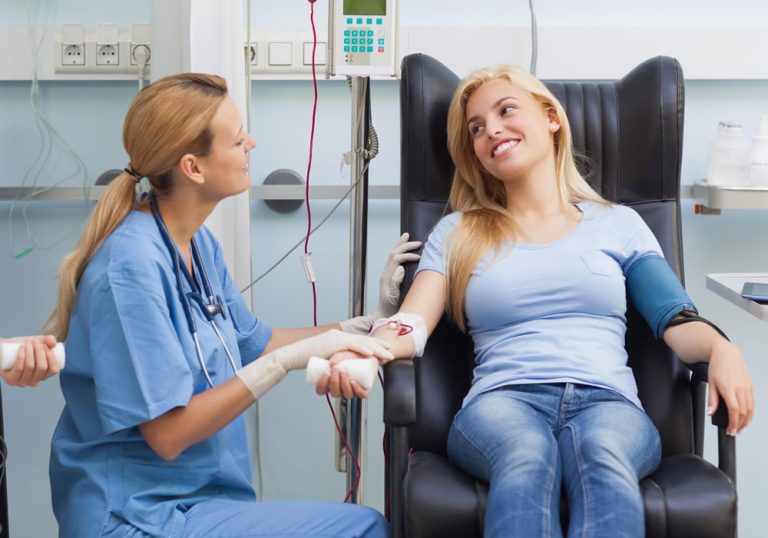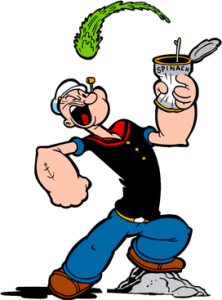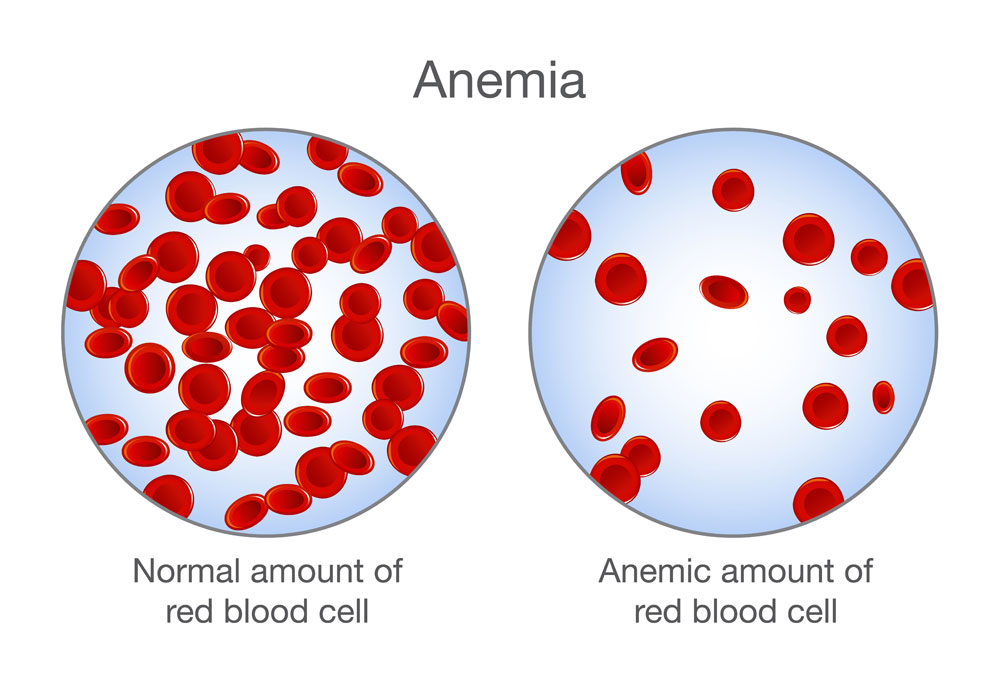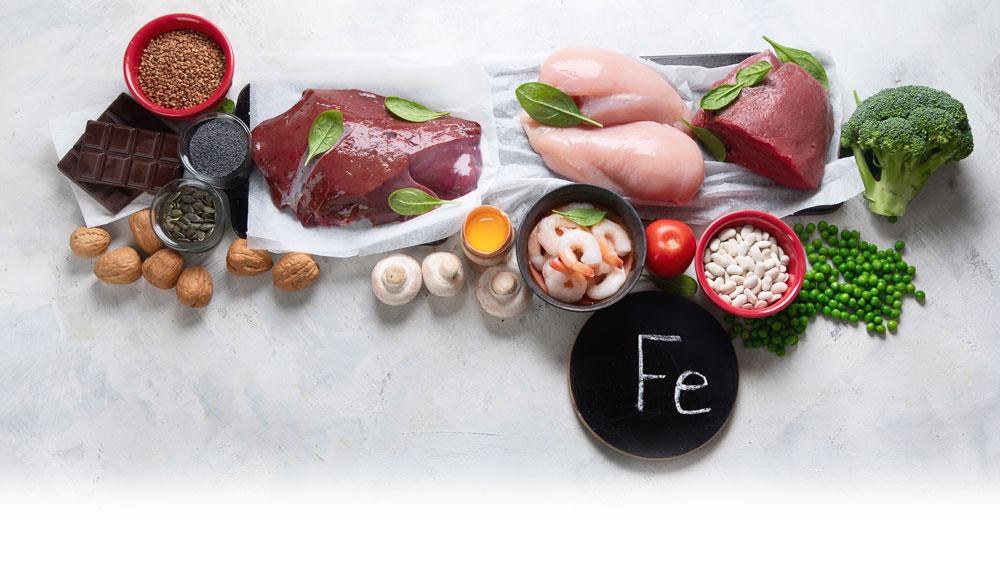Iron Infusion
For anaemic patients or those who can't take iron supplements
Do you suffer from low iron?
If you’re anaemic or have trouble tolerating iron supplements, you could benefit from an iron infusion. An iron infusion delivers iron directly into the bloodstream through a vein.
Iron is an essential mineral assisting the body to carry oxygen from the lungs to the rest of the body, amongst other important functions.
There are risks and benefits to having an iron infusion, and your doctor can explain these to you at a consultation.

What is iron in the body?
Why do we need iron?

Iron is essential for the body to make haemoglobin (Hb), a pigment that makes red blood cells red.
When the amount of iron in the body gets too low, the haemoglobin levels fall below normal, this is known as iron deficiency or anaemia.
Haemoglobin is very important as it carries oxygen from the lungs to the rest of the body.
If your haemoglobin or iron levels are too low this may make you feel tired and not able to carry out your everyday activities.

Book an iron infusion
All patients must book an initial appointment with a Doctor to discuss the process, before booking an iron infusion procedure.
Someone privately billed the Iron Infusion at cost of $188.00, which is payable on the day. For your convenience you can claim your rebate directly back from Medicare after the procedure as long as your bank account is linked with Medicare.
The out of pocket expense to the patient will be $82.90.
How much iron does the body need?
Recommended daily iron intake depends on age and sex
- Children aged 1-3 years — 9 milligrams (mg)
- Children 4-8 — 10mg
- Boys 9-13 — 8mg
- Boys 14-18 — 11mg
- Girls 9-13 — 8mg
- Girls 14-18 — 15mg
- Men aged over 19 — 8mg
- Women aged 19-50 — 18mg
- Women 51+ — 8mg
- Pregnant women — 27mg
- Women (breastfeeding exclusively) — 9-10mg
Symptoms of iron deficiency
Who is at risk?
- Paleness
- Tiredness
- Low energy
- Feeling cold
- Dizziness
- Headaches
- Infections (due to low immunity)
People who are at the highest risk of iron deficiency include females because of monthly periods and childbirth, people with kidney failure, those who are taking blood-thinning medication and those who have trouble absorbing iron because of biological factors.
Iron deficiency treatments
There are three main recommendations to counter iron deficiency:
- Improving diet through eating foods high in iron (red meat, eggs, tuna, seafood, peanut butter, iron-fortified foods)
- Iron supplements – usually in the form of tablets or drinks
- Intravenous (IV) – Iron infusions
Animal-based sources of iron
- red meats (beef, lamb, veal, pork, kangaroo). The redder the meat, the higher it is in iron
- offal (liver, kidney, pate)
- poultry
- fish or shellfish (salmon, sardines, tuna)
- eggs
Plant-based sources of iron
Plant foods containing non-haem iron can provide an adequate amount of iron for the body. Good sources of iron are:
- nuts
- dried fruit
- wholemeal pasta and bread
- iron-fortified bread and breakfast cereal
- legumes (mixed beans, baked beans, lentils, chickpeas)
- dark leafy green vegetables (spinach, silver beet, broccoli)
- oats
- tofu

